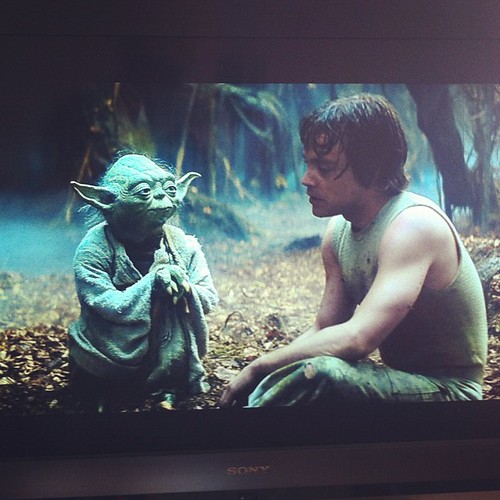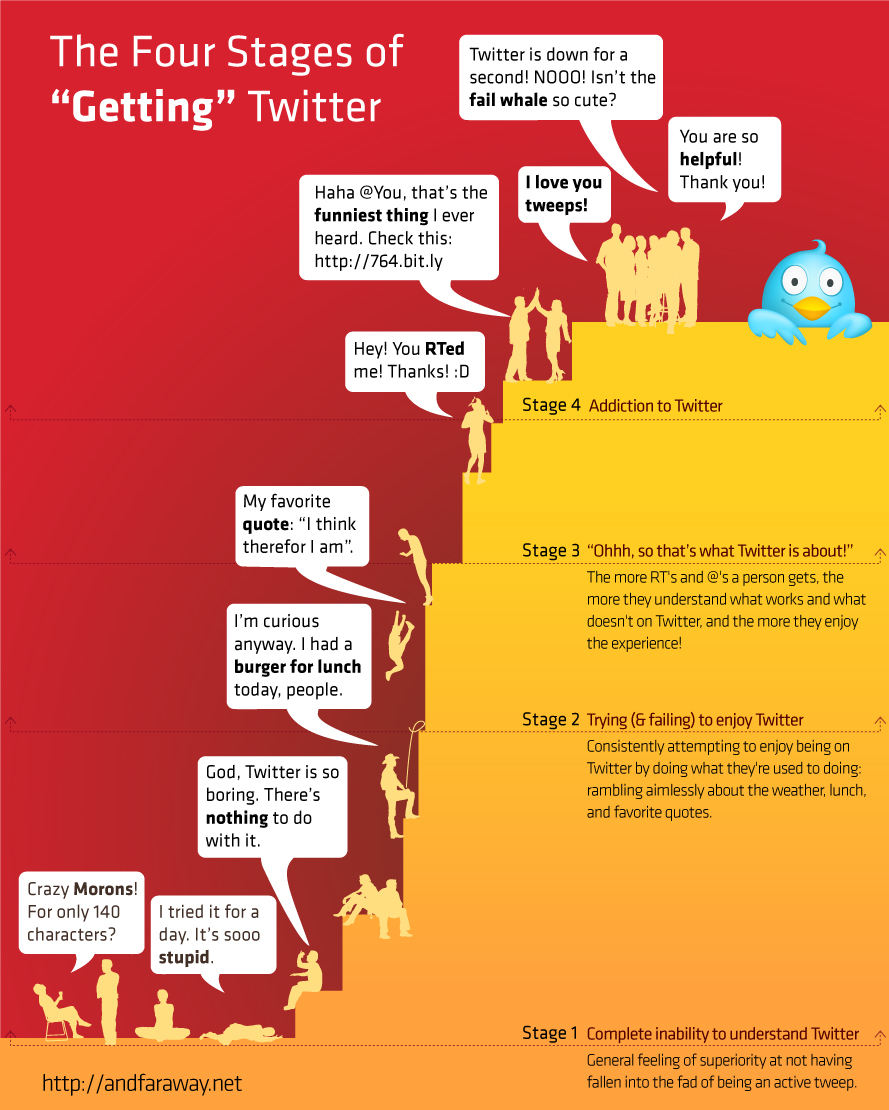I think this will be my last post from #AMLE2013, but you never know.
Rick Wormeli said something about assessment in the closing session I attended that has taken hold of me and keeps nagging at the back of my mind:
If you know that the child knows something, but the assessment vehicle you've chosen doesn't show it, you have a moral obligation to change it.
The phrase "moral obligation" has me. I totally agree. It's tantamount to malpractice as a teacher if you are sure a student has learned something and the assessment vehicle (test, quiz, project, essay, interview, debate, what-have-you) doesn't show their understanding of the content. We must change our assessment practices.
And of course, the question offered in response is, "How do I know that they know it, if they can't do X?"
C'mon, teacher.
If the first chance students have to show you what they know, understand, or are able to do is the final, summative judgment...you're doing it wrong.
Get to know your students.
Be actively involved in their learning.
Assess along the way.
Give descriptive feedback.
Stop grading for compliance--or the lack thereof.

Choose your assessment vehicles carefully.
Assess what you most highly value, not what is most easily measured!
To do any less is a moral failure for your students.
And then you deserve the "F," not the kid.

































